In conversation with ...
Joshua Rozenberg interviews ... (2014)
We present a unique record in the form of seven long video interviews with the leading figures involved in the most profound constitutional changes affecting the judiciary in the UK for many years.
The interviews were conducted in the autumn of 2014 by the legal journalist Joshua Rozenberg. Taking part are:
- The penultimate “old” Lord Chancellor Lord Mackay of Clashfern.
- The transitional figure of Lord Falconer, who negotiated the changes of behalf of Tony Blair’s government.
- His successors as “new style” Lord Chancellors combined with the post of Justice Secretary, the senior cabinet ministers and MPs Jack Straw for Labour and the Conservative Ken Clarke.
- On behalf of the judiciary, the successive Lord Chief Justices of England and Wales who were the first to become heads of the judiciary:
- Lord Woolf, Lord Phillips who went on to become the first President of the Supreme Court, and Lord Judge.
The seven were among about 150 legal and political figures who were interviewed for a major project carried out by the Constitution Unit of University College London for a major study, The Politics of Judicial Independence, published by Cambridge University Press in 2015
The constitutional reforms did not happen smoothly. They began with the abrupt dismissal of the Lord Chancellor Lord Irvine in 2003 and finally emerged after detailed and often tense negotiations between the judges and Tony Blair’s government, ending up in compromises between the two sides that were still being worked through more than a decade later. The reforms focused on the Constitutional Reform Act of 2005. They terminated the centuries-old three- fold operation of the office Lord Chancellor as the head of the judiciary, Speaker of the House of Lords and a cabinet minister. They created a Supreme Court, a more independent system for appointing judges and a judiciary arguably more independently powerful than before but more separate from government and perhaps more vulnerable to pressure.
In these interviews with seven of the most senior office holders, we hear the inside stories of how the reforms came about, and a range of subtly different views on how judicial independence has been affected in the early years of the reforms.
The interviews appear in overlapping chronological order:
Lord Mackay of Clashfern Lord Chancellor 1987-97
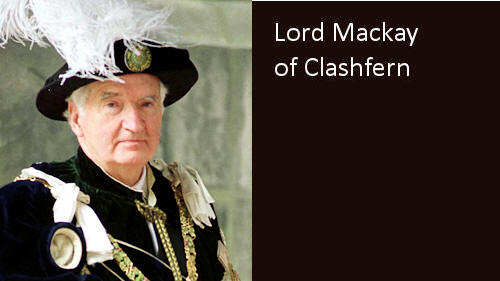 Lord Mackay of Clashfern, Lord Chancellor 1987-97
Lord Mackay of Clashfern, Lord Chancellor 1987-97
Lord Woolf Lord Chief Justice 2000-05
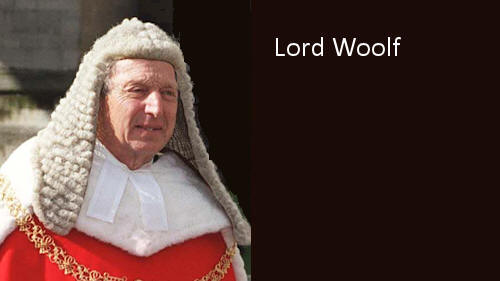 Lord Woolf, Lord Chief Justice 2000-05
Lord Woolf, Lord Chief Justice 2000-05
Lord Falconer Lord Chancellor 2003-07
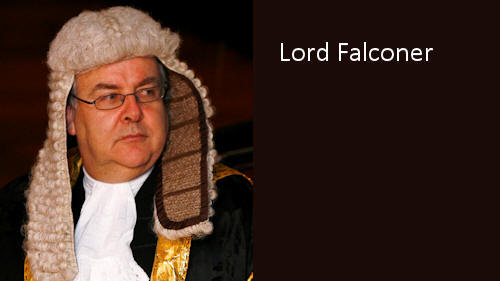 Lord Falconer, Lord Chancellor 2003-07
Lord Falconer, Lord Chancellor 2003-07
Lord Phillips Lord Chief Justice 2005-08 and first President of the Supreme Court 2009-2012
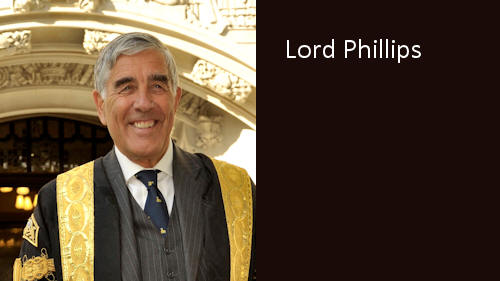 Lord Phillips, Lord Chief Justice 2005-08 and first President of the Supreme Court 2009-2012
Lord Phillips, Lord Chief Justice 2005-08 and first President of the Supreme Court 2009-2012
Jack Straw MP Lord Chancellor 2007-10
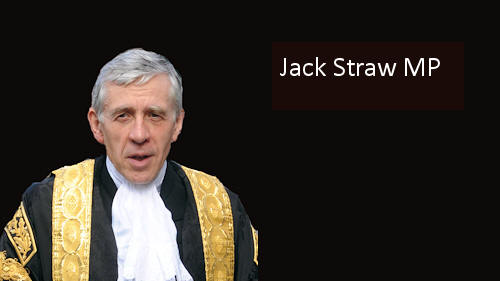 Jack Straw MP, Lord Chancellor 2007-10
Jack Straw MP, Lord Chancellor 2007-10
Lord Judge Lord Chief Justice 2008-13
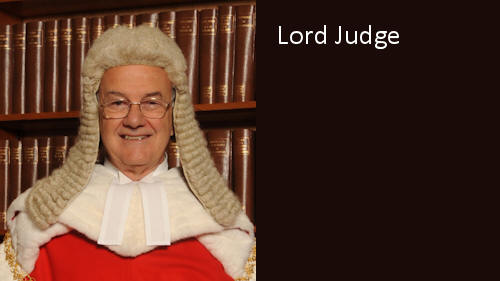 Lord Judge, Lord Chief Justice 2008-13
Lord Judge, Lord Chief Justice 2008-13
Ken Clarke MP Lord Chancellor 2010-12
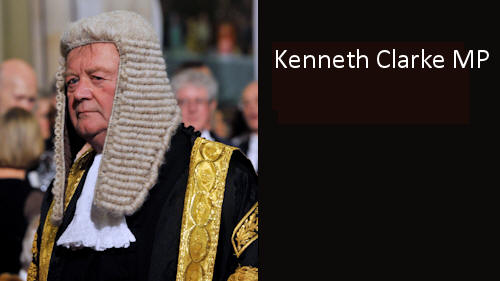 Ken Clarke MP, Lord Chancellor 2010-12
Ken Clarke MP, Lord Chancellor 2010-12